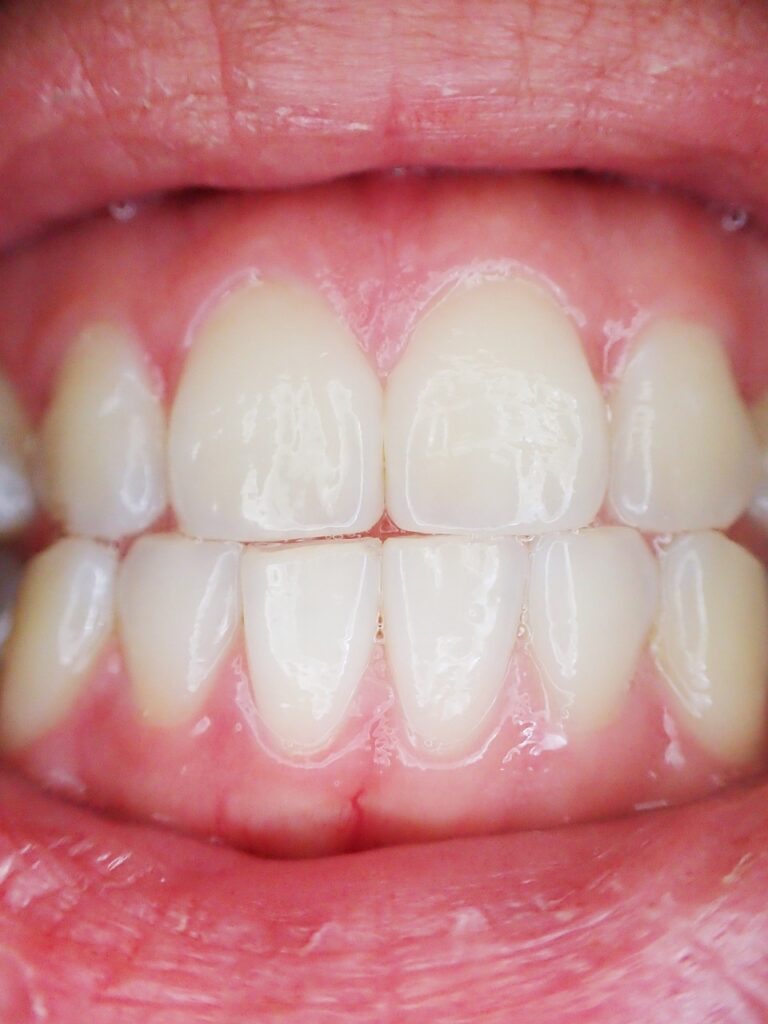
Understanding Gum Health: A Key to a Healthy Smile
When we think about oral health, our focus often goes straight to our teeth. However, our gums play an equally important role in maintaining a healthy mouth. Healthy gums are essential for strong teeth and overall well-being. Let’s explore why gum health matters, common gum problems, and how to keep your gums in top shape.
Why Is Gum Health Important?
Your gums support your teeth and help protect the underlying bone structure. Poor gum health can lead to gum disease, which, if left untreated, may cause tooth loss and even impact your overall health. Studies have linked gum disease to systemic conditions such as heart disease, diabetes, and respiratory infections. Keeping your gums healthy is not just about your smile—it’s about your entire body’s well-being.
Common Gum Problems
Gingivitis: This is the earliest stage of gum disease, characterized by redness, swelling, and bleeding of the gums, especially while brushing or flossing. Gingivitis is reversible with proper care.
Periodontitis: If gingivitis is left untreated, it can progress to periodontitis, where the infection spreads deeper, damaging the supporting bone and tissues. This can lead to tooth mobility and even tooth loss.
Receding Gums: Gum recession occurs when the gum tissue pulls away from the teeth, exposing the roots. This can cause sensitivity and increase the risk of decay.
Signs of Unhealthy Gums
Red, swollen, or tender gums
Bleeding while brushing or flossing
Persistent bad breath
Gum recession
Loose or shifting teeth
Tips for Maintaining Healthy Gums
Brush Properly: Use a soft-bristled toothbrush and fluoride toothpaste. Brush gently in circular motions twice a day.
Floss Daily: Flossing removes plaque and food particles from between the teeth and along the gum line.
Use an Antiseptic Mouthwash: A good mouthwash can help reduce bacteria and plaque buildup.
Eat a Balanced Diet: Foods rich in vitamins C and D, calcium, and antioxidants can support gum health.
Stay Hydrated: Drinking water helps wash away food particles and bacteria.
Avoid Tobacco Products: Smoking and chewing tobacco increase the risk of gum disease.
Visit Your Dentist Regularly: Professional cleanings and check-ups help catch and treat gum problems early.
Conclusion
Your gums are the foundation of a healthy smile. Taking care of them can prevent painful conditions, tooth loss, and even serious health issues. By practicing good oral hygiene and visiting your dentist regularly, you can ensure that your gums remain strong and healthy for years to come.
If you notice any signs of gum disease, don’t wait—schedule a dental visit as soon as possible. Healthy gums mean a healthier you!
